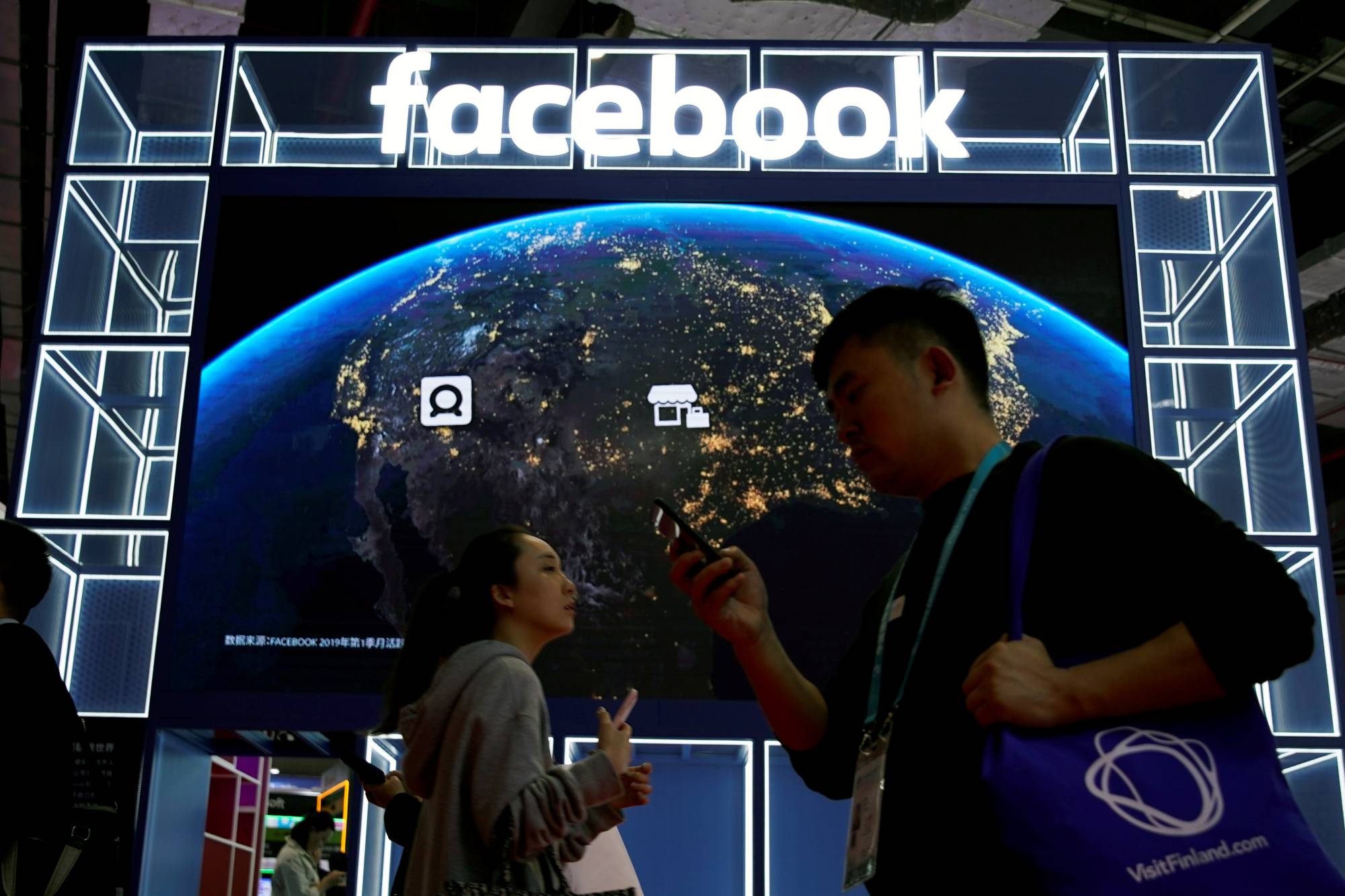The Chinese Communist Party and various Chinese government entities have long sought to influence public debate and media coverage about China around the world, a trend that has accelerated in recent years. Over the past month, a number of news reports and investigations, often by local journalists, have highlighted new evidence of how Chinese government-linked actors impact global information flows via propaganda, censorship, surveillance and control over infrastructure. In response, various governments and technology firms have taken steps to undermine the negative effects CCP influence has on media and internet freedom. This article calls attention to some of these new developments.
In Southeast Asia, Thailand’s cash-strapped media companies are increasingly relying on Chinese state media like the official newswire, Xinhua News Agency, to provide coverage on the global response to the new coronavirus. But China’s influence on Thai news precedes the pandemic, with at least a dozen outlets having inked partnerships with Xinhua and 2019 being named by the Thai government as the “ASEAN-China Year of Media Exchanges.”
Farther afield, according to Italian journalist Gabriel Carrer, writing at Formiche, coverage on Italy’s public television of Chinese government assistance to the coronavirus-ravaged country has been three times greater than comparable coverage of U.S. government help. The coverage appears to have contributed to improved public opinion of China vis-s-vis the United States, according to recent polls.
















With your current subscription plan you can comment on stories. However, before writing your first comment, please create a display name in the Profile section of your subscriber account page.